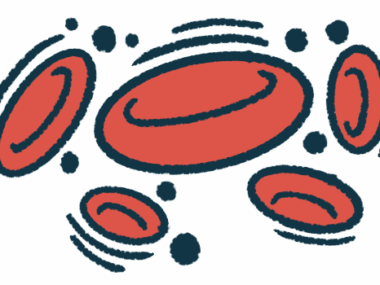Will I Pass Cold Agglutinin Disease to My Children?
Written by |

Cold agglutinin disease (CAD) is a rare nonhereditary disease in which the immune system produces autoantibodies called cold agglutinins. In cold temperatures, these autoantibodies bind to red blood cells, which causes them to clump together and burst. This can cause anemia, among other symptoms.
There are two main types of CAD. Primary CAD occurs without a known cause while secondary CAD can develop as a result of other diseases, such as autoimmune diseases or infections. Infections generally cause short-term CAD that resolves quickly while primary CAD is often a chronic condition.
Can CAD run in families?
CAD is not a genetic disease. While particular genetic mutations may predispose people to develop CAD or autoimmune diseases that cause CAD, researchers have not been able to identify any particular CAD-causing genes, or report any familial cases of CAD.
What’s the research into genetic causes of CAD?
A small study of 16 primary CAD patients identified mutations in two different genes, KMT2D and CARD11, which are active in B-cells (the blood cells that produce antibodies).
KMT2D provides instructions for cells to make an enzyme called lysine-specific methyltransferase 2D. This enzyme regulates the activity of several genes important for the function of immune cells. The study has shown that mutations in this gene result in a non-functional enzyme that can stimulate the production of autoantibodies in B-cells.
CARD11 provides instructions for cells to make a protein that plays a role in immune cell growth and function. Similarly, the study shows that mutations in CARD11 can increase the proliferation of B-cells and trigger autoantibody production.
This was a small study, but it indicated that genetic factors may play a role in disease progression in primary CAD. More studies are necessary to confirm these findings and identify other possible causative genes to determine whether the disease could be heritable.
Last updated: April 8, 2020
***
Cold Agglutinin Disease News is strictly a news and information website about the disease. It does not provide medical advice, diagnosis, or treatment. This content is not intended to be a substitute for professional medical advice, diagnosis, or treatment. Always seek the advice of your physician or other qualified health provider with any questions you may have regarding a medical condition. Never disregard professional medical advice or delay in seeking it because of something you have read on this website.





